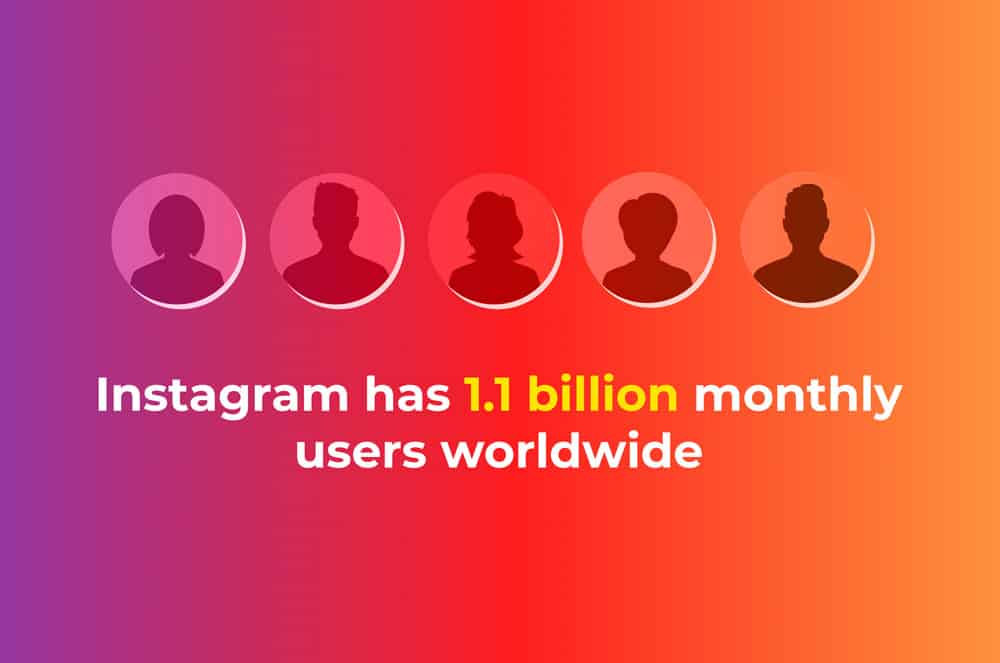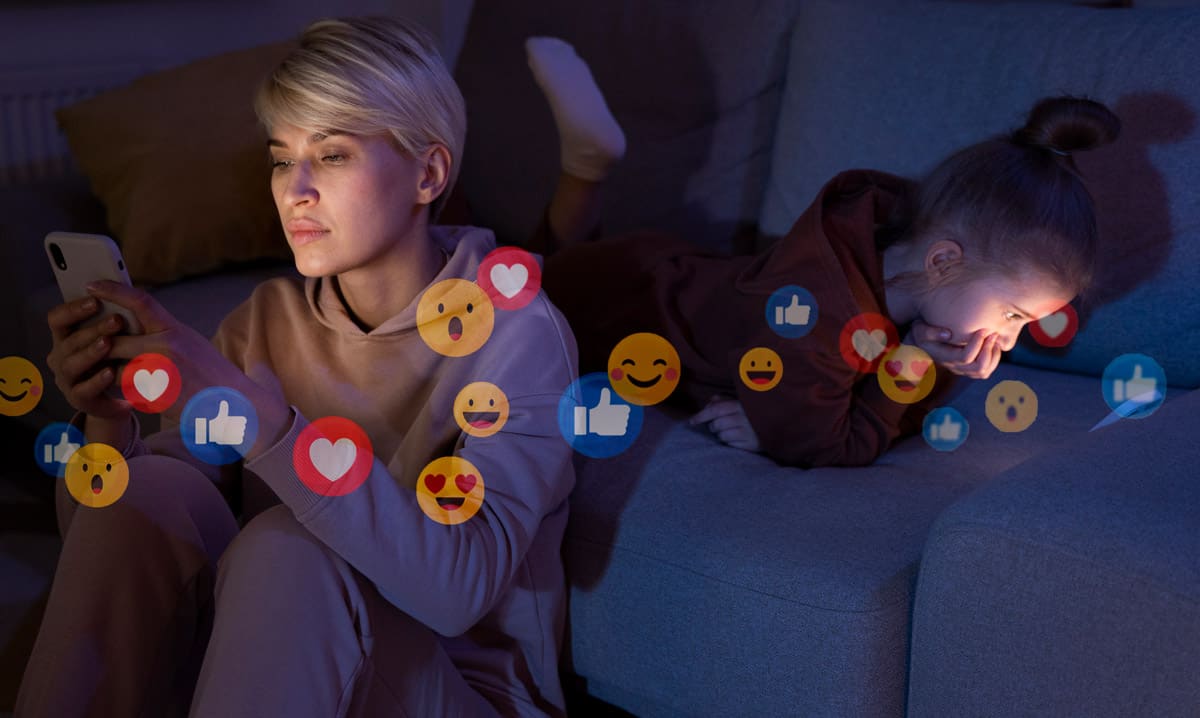Instagram Addiction: A Comprehensive Examination
In today’s hyper-connected world, Instagram has emerged as a dominant social media platform, captivating millions with its visual appeal and interactive features. However, this fascination has given rise to a growing concern: Instagram addiction. This article explores Instagram addiction, delving into its definition, psychological underpinnings, symptoms, impact on mental health and social relationships, and effective strategies for management and prevention.
Understanding Instagram Addiction

Instagram addiction is characterized by excessive and compulsive use of the Instagram app. Users who are addicted to Instagram often find themselves unable to control the amount of time they spend on the platform. This addiction is driven by the platform’s design, which is intended to keep users engaged through a continuous stream of images, stories, and notifications. The addictive nature of Instagram can interfere with daily responsibilities, personal relationships, and overall well-being.
The Psychology Behind Instagram Addiction
The psychology behind Instagram addiction is rooted in the principles of social validation and instant gratification. Instagram’s design promotes a cycle of feedback where users receive likes, comments, and follows. These interactions trigger the release of dopamine, a neurotransmitter associated with pleasure and reward. The more likes and positive feedback a user receives, the more they seek it, leading to compulsive behavior. This cycle is similar to what is observed in other types of behavioral addictions, such as gambling.
Instagram’s algorithm also plays a significant role in addiction. By personalizing the feed to show content that aligns with a user’s interests and past behavior, the platform keeps users engaged longer. The endless scroll feature and frequent notifications further contribute to the compulsive use of the app.
Identifying Symptoms of Instagram Addiction

Recognizing Instagram addiction involves identifying several key symptoms:
- Preoccupation with Instagram: Individuals with Instagram addiction often think about the platform even when they are not using it. This preoccupation can dominate their thoughts and distract them from other activities.
- Neglect of Responsibilities: Users may neglect work, academic responsibilities, or personal tasks in favor of spending time on Instagram. This neglect can lead to diminished performance in various areas of life.
- Compulsive Usage: Instagram addicts frequently spend excessive amounts of time on the app, often beyond their initial intentions. This compulsive behavior can interfere with daily routines and responsibilities.
- Withdrawal Symptoms: When unable to access Instagram, individuals may experience anxiety, irritability, or restlessness. These withdrawal symptoms are indicative of a dependency on the app.
Impact on Mental Health
Instagram addiction can have profound effects on mental health. One of the primary concerns is the impact on self-esteem. Users often compare themselves to others based on curated images and highlights shared by others. This comparison can lead to feelings of inadequacy, jealousy, and low self-worth.
Additionally, the constant exposure to idealized portrayals of life on Instagram can contribute to anxiety and depression. The pressure to present a perfect image and gain approval through likes and comments can exacerbate mental health issues. Studies have shown a correlation between excessive social media use and increased rates of depression and anxiety, highlighting the potential risks of Instagram addiction.
Social Implications of Instagram Addiction
Instagram addiction can significantly impact social relationships. Individuals who are excessively engaged with the platform may withdraw from real-world interactions. This withdrawal can lead to strained relationships with family and friends. The focus on online validation can overshadow the importance of genuine, face-to-face connections.
Moreover, the addictive nature of Instagram can result in decreased quality of communication. Users may prioritize online interactions over meaningful conversations with loved ones. This shift can lead to a sense of social isolation and diminished relationship satisfaction.
Strategies for Managing Instagram Addiction

Addressing Instagram addiction requires a proactive approach. Here are several strategies to manage and overcome addiction to Instagram:
- Set Time Limits: Utilize app features or third-party tools to set daily limits on Instagram use. Establishing boundaries can help manage the amount of time spent on the platform.
- Turn Off Notifications: Disabling notifications can reduce the constant urge to check Instagram. Without the frequent pings, users are less likely to engage in impulsive checking.
- Create a Schedule: Designate specific times for using Instagram and stick to this schedule. By planning usage, individuals can prevent the app from encroaching on other activities.
- Engage in Alternative Activities: Find and pursue hobbies or interests that provide fulfillment and enjoyment outside of Instagram. Engaging in activities such as reading, exercising, or spending time with loved ones can offer a healthier balance.
- Seek Professional Help: For those struggling with severe addiction, consulting a mental health professional can be beneficial. Therapy and counseling can address underlying issues and provide strategies for managing addiction.
The Role of Instagram in Modern Society
Instagram plays a significant role in modern society, serving as a platform for self-expression, connection, and marketing. Its visual-centric approach allows users to share moments, showcase creativity, and connect with others. However, its design features, such as endless scrolling and real-time notifications, can contribute to addictive behaviors.
Understanding Instagram’s dual role as both a tool for social connection and a potential source of addiction is crucial. While the platform offers many benefits, users must be mindful of its potential for fostering compulsive behavior.
Case Studies and Personal Stories
Examining real-life case studies of Instagram addiction provides valuable insights into its effects and solutions. For example, some individuals have reported significant improvements in their lives after recognizing their addiction and taking steps to address it. These improvements include enhanced relationships, better mental health, and increased productivity.
One notable case involved a young professional who found herself constantly checking Instagram to gain validation. After seeking therapy, she learned to manage her time more effectively and reestablished her focus on real-world interactions. Her experience highlights the importance of addressing Instagram addiction and the potential for positive change.
Prevention and Education
Preventing Instagram addiction involves a combination of education and awareness. Promoting healthy social media habits and understanding the risks associated with excessive use can help users maintain a balanced relationship with the platform. Educational initiatives targeting both individuals and organizations can play a critical role in fostering digital well-being.
Schools, workplaces, and community organizations can implement programs that educate people about the effects of social media addiction and offer strategies for healthy usage. By raising awareness and providing resources, society can work towards minimizing the impact of Instagram addiction.
Future Trends and Solutions
As social media continues to evolve, addressing Instagram addiction will require ongoing efforts and innovative solutions. Future trends may include advancements in app design that promote healthier usage patterns, such as features that encourage breaks or limit excessive scrolling. Increased awareness of digital well-being and proactive measures from tech companies can also contribute to mitigating addiction.
Staying informed about these developments and adapting to new strategies can help users maintain a healthier relationship with Instagram. As technology advances, it is essential to balance the benefits of social media with the need for personal well-being.

